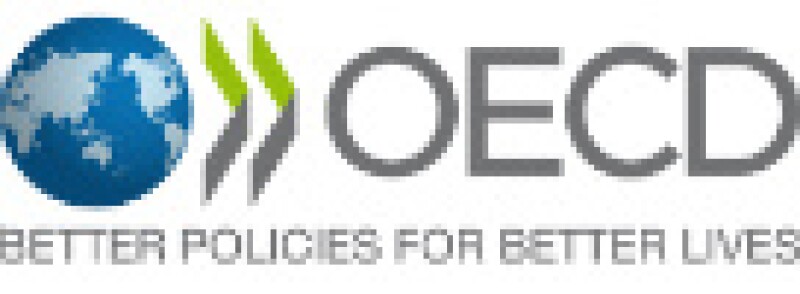Multinational enterprises now represent a large portion of the world’s GDP. In this context they have been working on genuine efforts to structure their businesses and supply chains in a more efficient way; such efforts have also resulted, in many ways, in more tax efficient structures.
Tax authorities have noticed that even with the benefits of globalisation and international trade in their jurisdictions, in some instances MNEs have implemented, consciously or not, some abusive business structures which have resulted in a reduction in their taxable income; profit shifting, through aggressive business models, being the main source of base erosion. As a response to these issues, tax administrations have started working on a coordinated approach to combat BEPS.
In this respect, the BEP Action Plan, which the OECD published in 2013, points out the main risk areas and provides specific actions to be followed to address BEPS.
The 2013 OECD BEPS’ report concludes with these main risk areas:
Hybrid mismatch arrangements and arbitrage (International mismatches);
Profits arised from the delivery of digital goods and services;
Tax treatment of related-party debt-financing;
Transfer pricing approaches;
Effectiveness of anti-avoidance measures; and
Availability of harmful preferential regimes.
The OECD’s action plan is organised around these three main pillars, which are addressed in 15 specific actions:
The coherence of corporate tax at an international level
A realignment of taxation and substance
Transparency, coupled with certainty and predictability
It is important to bear in mind that the OECD intends to have specific actions on BEPS in the next 24 months:

It should be highlighted that the action plan states that: “a realignment of taxation and relevant substance is needed to restore the intended effects and benefits of international standards...”. The action plan adds that: “Fundamental changes are needed to effectively prevent double non-taxation… associated with practices that artificially segregate taxable income from the activities that generated it.”
According to the work plan implemented by OECD’s work stream, the first impact is expected to be on these topics: interest deductions; countering harmful tax practices more effectively; and transfer pricing.
As consequence of this, the Mexican Tax Authorities (MTA), have shown real concerns about BEPS and are working on a way to take action about it.
In the light of the tax reform which is now taking place in Mexico, the MTA is expected to run audits focused on MNEs restructures which conduct manufacturing and distribution operations, while offshoring intangible assets as a way to shift profits away from Mexico. It is also possible they will select a number of domestic companies whose inter-company transactions involve the transfer of intangibles, particularly those MNEs that moved from being a full-risk operating company to less complex entities. Transactions involving the shifting of the ownership of intellectual property in exchange for royalties, or companies with large amounts of cash and intercompany debt at the same time, may also be subject to tax authorities’ scrutiny.
To prevent surprises because of quick actions from the MTA, a risk assessment of MNEs’ actual exposure to BEPS risk is recommended. In this regard special attention should be paid to substance matters; as well as to the fact that profitability, agreements between related parties, and real functions and risks borne by the parties involved should all be consistent between each other.
In line with this, deep risk assessment analysis to identify non-clear reparation policies, such as structures which use hybrid instruments as their main tool; recent restructuring where exit payments were underestimated; restructures where traditional fully fledged businesses were shifted to franchise systems or limited risk entities, should be reviewed and may need to be revised to strengthen the substance behind structures for legitimate business reasons.
One of the main actions to be followed after these risk assessment exercises must be applied in the transfer pricing arena. Actions such as strengthening the evidence of substance behind intercompany arrangements should be combined with an exhaustive exercise for collecting evidence that could reinforce the reality of business polices followed by MNEs.
Today more than ever, tools such as advanced price arrangements (APA) could provide a clear path for MNEs under BEPS scope.
Adolfo Calatayud (adolfo.calatayud@mx.pwc.com) and
Edgar Ahrens (edgar.ahrens@mx.pwc.com)









